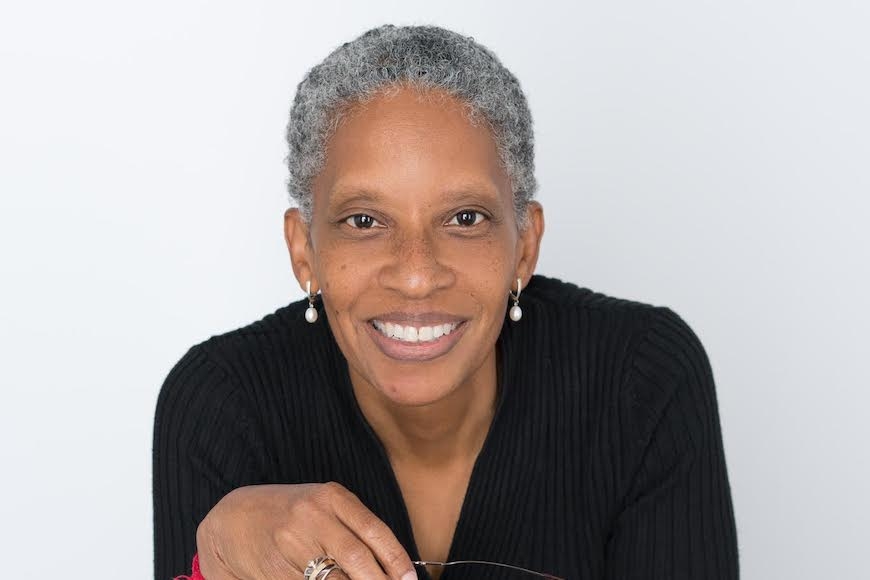Call and Response: A Womanist Buddhist Vision for Relational Justice Making
About the Event
The word "womanist" was coined by Alice Walker (a Buddhist practitioner) in her short story "Coming Apart" (1979). In this story, the Black heterosexual woman found her strength through the wisdom of Black lesbians, including Audre Lorde. Lorde died in 1992, but her words live on. For example, Atlanta Mayor Keisha Lance Bottoms quoted Lorde in her 2020 Democratic National Convention speech. In these autocratic, white nationalist times, we've also seen a rise in elected Black women's political power. Abrams, Bowser, Breed, Cantrell, Vice President Kamala Harris, Lance Bottoms, Lightfoot, Lyles, Weston Broome, and many others are showing us what Black women's fierce and compassionate political power looks like—but personal power comes before political power.
What does a Buddhist-inspired, womanist-embodied power feel like in these times of social upheaval? In this conversation, Pamela Ayo Yetunde, a leading Black Buddhist theologian and lay practitioner, will discuss ways to channel, invoke, and visualize ancestors and archetypes to release self-limiting thoughts and unleash personal power for positive personal, relational, and social change.
This is an online event. It is free and open to the public. Registration is required.
About the Speaker
Pamela Ayo Yetunde, JD, ThD is the co-editor of Black and Buddhist: What Buddhism Can Teach Us About Race, Resilience, Transformation and Freedom (Shambhala Publications, 2020), Buddhist-Christian Dialogue, U.S. Law, and Womanist Theology for Transgender Spiritual Care (Palgrave Macmillan, 2020), and Object Relations, Buddhism, and Relationality in Womanist Practical Theology (Palgrave Macmillan, 2018). She is the co-founder of Center of the Heart and founder of Audre: Spiritual Care for Women with Cancer. Ayo Yetunde also works as a pastoral counselor and chaplain. Read Ayo’s essay, “Black Lesbians to the Rescue! A Brief Correction with Implications for Womanist Christian Theology and Womanist Buddhology.”
